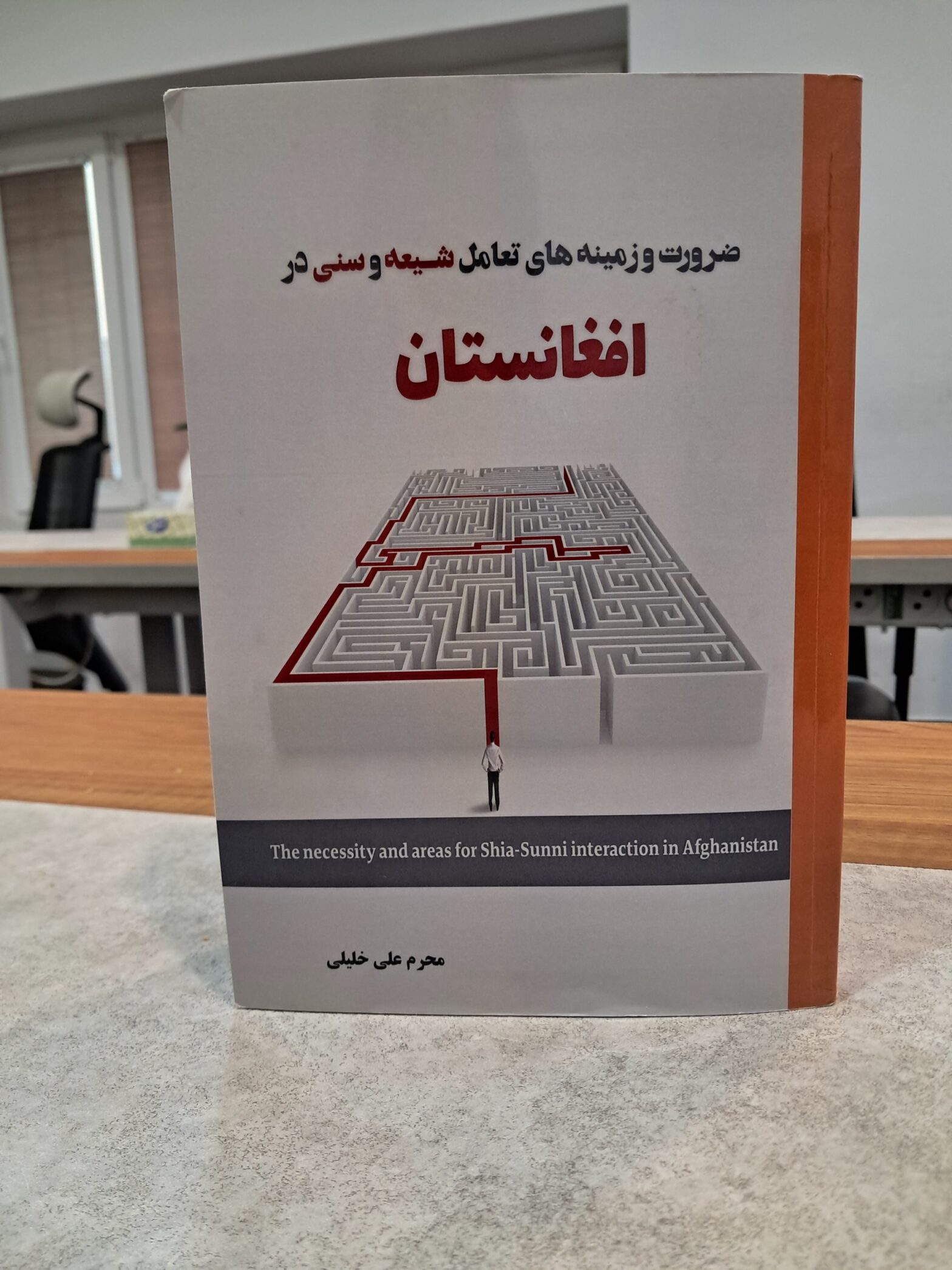بیتفاوتی آرامِ جهان: قهرمان ابسوردِ کامو در رمان «بیگانه»

نگارنده: دنیا رحیمی
رمان بیگانه اثر آلبر کامو، پژوهشی است دربارۀ وضعیت انسان از دریچۀ فلسفۀ ابسوردیسم. این اثر بازتابدهندۀ اندیشۀ فلسفی کامو دربارۀ پوچی است؛ اندیشهای که به کشمکش میان اشتیاق درونی انسان برای یافتن معنا در زندگی و جهانی بیهدف و بیمعنا میپردازد. داستان، زندگی شخصیت اصلی یعنی مورسو را به تصویر میکشد، کسی که از زندگی و مرگ جدا و بیاعتناست. پس از آنکه مرتکب جنایت میشود، با واقعیت پوچی روبهرو میگردد و آن را میپذیرد، بیآنکه به امید یا توهّم دیگری پناه ببرد. در این نوشته، فلسفۀ ابسوردیسم کامو را از دریچۀ شخصیت مورسو در رمان بیگانه بررسی میکنیم.
آنچه کامو در این رمان مطرح میسازد، این است که زندگی بیمعناست و انسان باید در دل این بیمعنایی حرکت کند، در حالی که آگاه است مرگ گریزناپذیر است. مورسو با بیتفاوتیاش نسبت به معیارهای اجتماعی، از جامعه جدا میشود و در نتیجه دچار نوعی بیگانگی، بحران هویت و رویارویی با جهانی بیاحساس و پوچ میگردد. این مضمون در جملۀ آغازین کتاب بهروشنی دیده میشود:
« امروز مادر مرد. یا شاید دیروز، نمیدانم. از آسایشگاه تلگرام گرفتم: “مادر درگذشت. فردا مراسم خاکسپاری. با احترام.” هیچ معنایی ندارد. شاید دیروز بود.»
این جمله، فوراً چهرۀ انسانی را ترسیم میکند که نسبت به عواطف خود بیتفاوت است؛ انسانی که حتی در برابر مرگ مادرش واکنشی احساسی ندارد. تمرکز او بر جزئیات سفر، سکوت در مراسم خاکسپاری و خودداری از دیدن مادر برای آخرینبار، نشانههایی از جدایی عاطفی و بیتفاوتی او در برابر انتظارهای اجتماعی است.
مقالۀ فلسفی افسانۀ سیزیفوس نیز اثر دیگر آلبر کامو است که اندیشۀ ابسوردیسم را بهصورت نظری مطرح میکند، در حالی که بیگانه تجسم ادبی همان فلسفه است. شخصیت اصلی در آن مقاله، سیزیفوس، قهرمان ابسورد است؛ کسی که محکوم است سنگی را تا قله بغلتاند و هر بار ببیند که سنگ پایین میغلتد، چرخهای بیپایان و بیثمر. اما او به جای نومیدی، سرنوشت خود را میپذیرد و در همین پذیرش آگاهانه، نوعی آزادی مییابد. کامو در پایان آن مقاله میگوید:
«باید سیزیفوس را خوشبخت تصور کرد.»
این سخن بدین معناست که با پذیرش آگاهانۀ پوچی، انسان میتواند معنای شخصی خود را در دل رنج و تکرار بیابد. کامو همین فلسفه را در وجود مورسو مجسم میسازد. هر دو، سیزیفوس و مورسو، از پناه بردن به امید یا توهّم خودداری میکنند و به آگاهی نسبت به پوچی زندگی تن میدهند. در پایان بیگانه، مورسو میگوید:
«خود را به بیتفاوتی آرامِ جهان گشودم.»
در حالی که کامو در افسانۀ سیزیفوس فلسفۀ پوچی را شرح میدهد، مورسو آن را در عمل زندگی میکند.
در جهان مدرن امروز، انسانها گویی در هزارتویی به نام شبکۀهای اجتماعی گرفتار شدهاند. پیمایش بیهدف در میان محتواهایی که هیچ غایت واقعی ندارند و مقایسۀ بیپایان خود با تصاویر بینقص در فضای مجازی، سبب شده است بسیاری از مردم از زندگی جدا شوند و در جستوجوی معنا درمانند. من که در افغانستان زندگی میکنم، بارها به معنای زندگی اندیشیدهام. در کشوری که همواره درگیر جنگ و ویرانی است، پرسش از معنا، امری عادی و ناگزیر است. در گذر از مشکلات بیپایان، دریافتهام که تنها کاری که میتوانم انجام دهم، پذیرش وضعیت است، زیرا نمیتوانم بر خلاف جریان زندگی شنا کنم. همانگونه که کامو میگوید، جهانِ بیاعتنا شاید معنایی به من نبخشد، اما من میتوانم در برابر این پوچی، معنا را خودم بسازم.
اما اگر انسانی خود را بیگانه از زندگی بیابد چه؟ اگر از قواعد جامعه رویگردان شود و در جستوجوی معنا ناکام بماند چه؟ اگر روزی در آیینه به خود بنگرد و خویشتن خویش را نیز غریب یابد، چه باید کرد؟ اگر جهان در برابر فریاد انسان برای معنا، خاموش بماند، چه واکنشی میماند جز پذیرش؟ آلبر کامو، نویسندۀ فرانسوی-الجزایری، در اثر خویش بیگانه، پاسخی عمیق و اندیشمندانه به این پرسشها میدهد.
منابع
Camus, A. (1989). The Stranger (M. Ward, Trans.). Vintage International. (Original work published 1942)
Camus, A. (1991). The Myth of Sisyphus (J. O’Brien, Trans.). Vintage International. (Original work published 1942)
Author: Donya Rahimi
The Stranger, written by Albert Camus, is an exploration of the human condition seen through the eyes of absurdism. The book reflects Camus’s philosophy of absurdity which addresses the conflict between the inherent yearning of the human spirit for purpose in life and a world devoid of meaning. The story portrays the protagonist character of Meursault, one who is detached from life and death. After he commits a crime, he confronts absurdity and embraces it without resorting to hope or any other illusion. In this paper, we will navigate Camus’s philosophy of absurdism through the protagonist character in The Stranger.
What Camus posits in the novel is that life is meaningless and individuals must navigate the lack of meaning while realizing the inevitability of death. It depicts Meursault’s detachment from social norms, which eventually leads to a sense of alienation, his identity crisis, and his confrontation with an indifferent, absurd world. This can be understood by the opening line of the book: “Maman died today. Or yesterday maybe, I don’t know. I got a telegram from the home: “Mother deceased. Funeral tomorrow. Faithfully yours.” That doesn’t mean anything. Maybe it was yesterday” (Camus, 1942, p. 3). The quote immediately shapes the figure of a passive person who lacks emotional response even to his mother’s death. Instead of showing grief for his mother’s death, his focus on travel arrangements, minimal engagement during the funeral, and his refusal to see his mother for the last time all signal his profound emotional detachments and ignorance against social expectations.
The Myth of Sisyphus, a philosophical essay written by Albert Camus, sets forward the topic of absurdism, while The Stranger is a fictional embodiment of The Myth of Sisyphus. The central character of the essay is Sisyphus, the absurd hero, who is condemned to roll a boulder up a hill, and watch it roll down when he reaches the peak, a cycle that repeats for eternity. Instead of surrendering to despair, he accepts his fate as it is and by doing so, he discovers a form of freedom. As Albert Camus (1942a) concludes, “One must imagine Sisyphus happy” (p. 123), suggesting that through the conscious acceptance of the absurd, one can find personal meaning even in endless struggle. He exemplifies this exact philosophy in Meursault. Both characters choose not to resort to any hope or illusions; instead, they choose the conscious awareness of the absurdity of life. At the end of The Stranger, Camus (1942b) writes, “I opened myself to the gentle indifference of the world” (p. 122). While Camus explores the philosophical idea of absurdity in The Myth of Sisyphus, Meursault lives it.
In the modern world, it seems that everyone is trapped in a maze called social media. Pointless scrolling through content that has no ultimate purpose in life and constant comparison of oneself to the perfect images displayed on social media make many people detached from life and struggling to find a purpose. Living in Afghanistan, I have always been questioning the meaning of life. In a country that is stripped away by constant war, it is utterly normal to ask what the meaning of life is. Going through endless problems, I came to the conclusion that all I can do is accept the situation as it is, for I cannot go against the flow of life. As Camus calls it, the indifferent universe may not offer me any meaning, yet I choose to defy the absurdity, and I create that meaning.
What happens if one finds oneself strange to life and disinterested in social expectations? What if one fails to find meaning in life? What happens when a human being one day finds himself a stranger to his own self? What happens when you accept the absurdity of the universe that remained silent when you cried for meaning? What should you do when everything seems utterly baseless? Albert Camus, a French Algerian author, offers answers to these questions in his work: “The Stranger”.
References
Camus, A. (1989). The stranger (M. Ward, Trans.). Vintage International. (Original work published 1942)
Camus, A. (1991). The myth of Sisyphus (J. O’Brien, Trans.). Vintage International. (Original work published 1942)






